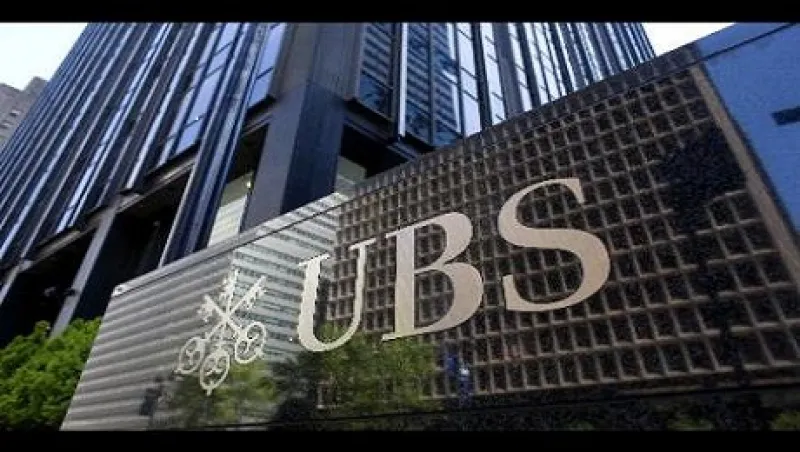
Where UBS Goes, Other Banks May Soon Follow
Other bulge bracket investment banks are watching UBS closely to see if they should follow the Zurich-based bank’s strategy.
Neil Sen
November 5, 2012


